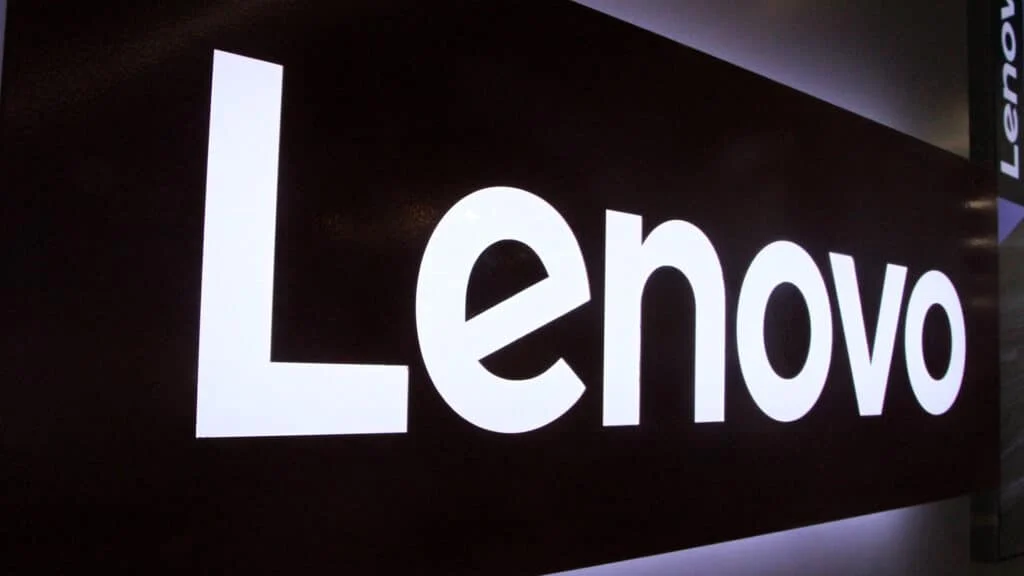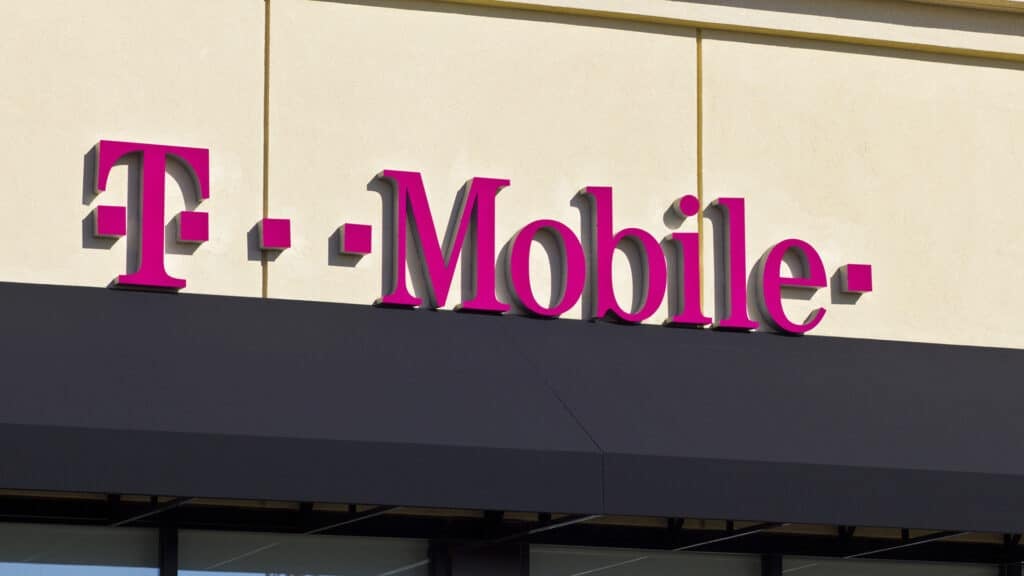The Six Five team discusses Apple Q2/FY24 earnings.
If you are interested in watching the full episode you can check it out here.
Disclaimer: The Six Five Webcast is for information and entertainment purposes only. Over the course of this webcast, we may talk about companies that are publicly traded and we may even reference that fact and their equity share price, but please do not take anything that we say as a recommendation about what you should do with your investment dollars. We are not investment advisors and we ask that you do not treat us as such.
Transcript:
Daniel Newman: There was all these data numbers coming in from, what was it, Counterpoint and IDC-
Patrick Moorhead: And Alice.
Daniel Newman: And Alice.
Patrick Moorhead: Blah, blah, blah-
Daniel Newman: Apple’s China numbers were down 197% from a year ago. And their overall iPhone market was shrinking. It was doomsday. This was set up to be the worst Apple earnings ever basically. So anything that was a beat was going to be good. But I just got to read back my tweet here because I basically said it’s like the arts and sciences but I have to be candid when I … It’s like I was expecting bad too, but I actually said, I just want to read this. I said something like well played, but I basically said … I want to read it back. “The Apple beat was against really low expectations.” So this is a puts and takes comment.
First, so well played by Apple. They basically, they completely bought into it, they ate it, they leaked their next thing. They made everybody think that they were in even worse shape than they were. They gamed the whole thing perfectly, all time low expectations. And then they beat again. They beat a crappy number. Nobody remembers that because people forget that it was a crappy guide. They give another single digit growth guide, by the way. I want to remind that, get that on the record now, they’re guiding the single digit growth. Apple is a single digit growth company, and by the way, their iPhone number was down 10%, but yet everybody was freaking celebrating this.
Talk about being able to get the market to completely not pay attention. Somebody sent me a tweet, this guy, future investor, it was very funny here. He tweeted me on it this morning. It was basically a comment of there was a picture of the Vision Pro at the bottom of the ocean rotting. There was a picture of the iPhone drowning. And there was a picture of an investor giving a hug to $110 billion buyback. And that’s all they could see, is the investor looking at the buyback. I mean, look, Pat, what did you tweet? Something along the lines of half a Qualcomm, four HPs. It was like something like what they could buy.
Patrick Moorhead: Intel, almost an entire Intel. Yeah.
Daniel Newman: Almost an entire Intel with the money they’re going to spend in buyback. But look, they beat on services, which it’s the high margin part. Their other products, revenue missed. Their iPad revenue missed. Their Mac revenue beat a pretty low expectation, but it beat their iPhone number missed, but their revenue beat. So it’s kind like you go across the business, nothing’s actually doing particularly well. He did give some kind of reinvigoration to the Vision Pro, said enterprises are buying it at a faster rate. With that particular thing, Pat, Apple’s always been a buzz company. The buzz of the Vision Pro lasted two weeks. It was two weeks of people getting out of their Cybertrucks, wearing their Vision Pros and going into Starbucks and eating while they were wearing their Vision Pros.
I still believe in the technology. I still think they iterated on what HoloLens and Google Glass and everyone did, and they’ve made something that I think is more immersive, more enjoyable, more usable. I mean, you watch movies on it. It’s pretty cool. But it still feels like a neck injury waiting to happen. It’s too big. It’s too bulky. It’s too much battery hog. It’s too much to carry around. It’s not very usable. It’s not very comfortable. And so will they get it right eventually? Yeah, they’re beta building a developer ecosystem in real time and people that are … the odd millions of people that are willing to buy anything Apple puts out are buying what Apple puts out. They should have built the car. There would’ve been a few million people to buy that too.
But having said that, I think they’re still more iterative than innovative and they’re still, the best innovation they have is financial, engineering innovation. They’re innovating by breaking all kinds of records, like spending more money on a stock buyback than any company in history by a long shot. And by the way, the market loves it. So now what is Apple? It’s a single digit percent growing value stock with a huge buyback program and a dividend. I mean, and by the way, their stuff’s fine. I like it. I use their phone. It’s good. It’s cool.
Patrick Moorhead: So kind of the IBM of consumer devices and services.
Daniel Newman: But there was a point Pat where IBM was IBM and they were the Apple that IBM is. And what do I mean by that? There was a window when IBM was the most innovative company on the planet. And then there was a window where IBM was still talked about as the most innovative company on the planet, but they were really losing that ground. And are we in that moment right now? What are they doing that is truly breakthrough? And by the way, I just got to say this. I know Tim Cook has done a good job of managing the ship, but don’t you think Steve Jobs is somewhere rolling over in his grave that the best use of $110 billion was that they were going to use it for a buyback? Can you imagine that that was what he envisioned the future of this company being?
And I will say one other thing, is Apple with its amazing war chest and wonderfully managed balance sheet, could and should go buy all kinds of different innovators and they can’t. Now, having said that, they should take a play from Satya Nadella and just do what he’s doing and go buy talent and have the talent leave the company, so those companies kind of capitulate, and then bring the innovation with them or use licensing agreements or different … There’s different ways to skin that particular cat. But I mean 110 billion, you could, like you said, buy a lot of innovation and a lot of revenue growth. I don’t know Pat, but like I said, it was an interesting quarter. Apple always gives us something to be entertained by.
Patrick Moorhead: Yeah. I look at this through three different lenses. One is the what are the investors thinking? Number two is what are the real numbers of how are products selling year-over-year? And then this overall where the company is headed? They 100% had a disaster quarter. I mean revenue is off 4%, iPhone off 10%, iPad off 17%, wearables off 10%, America’s off a point, Greater China eight points, Japan 13%, rest of Asia Pacific off 17%. To their credit, Mac was up 4%, service is up 14%. But let’s peel the onion on that. On the Mac side, they’re doing blowout discounting on M1 MacBook Airs. I totally get that. And there’s also probably some boost from M3s. So that made sense.
Services at 14% is basically selling back up Apple, plus fitness stuff. And don’t forget, Google search deal gets plopped in there as well. What does the future of the App Store look like with the deconstruction that’s starting in Europe and will likely make its way to everybody else? So from a number standpoint, it was a disaster. From an investor standpoint, you boost your dividend and you boost buybacks. You’re basically reducing the float when you do the buyback. That means there’s going to be less open shares. And on a per share basis, that means that it’s going to go up. So that’s just math.
Daniel Newman: It was precipitous.
Patrick Moorhead: Yeah. And then you look at the dividend increase and that also goes into the magic spreadsheet of net cash and the stock goes up. So that was, I mean Apple is very, I got to hand it to them, very creative. They are a super creative and innovative company on the spreadsheet in this quarter. Now Macro, here’s the deal. They’re behind in AI on the device. They’ve never had a cloud capability beyond backup and storage, but they never have to be first to do what they need to do. I think they’re going to lean in heavily on device with absolutely no timidity like I’ve seen, quite frankly, in the Windows world. The Windows world is all about, “Hey, look at this Copilot in the cloud, and yeah, we’re going to build a capability on the device itself. But come WDC, it’s going to be all on device all the time.”
And I believe that Apple is 100% behind Microsoft on this because it’s not just them showing up with one mixture of experts model. You need to have like 20, 30, 40, 50 different tuned models to different stuff. And then you need to tie it all together between iPhone, Mac and whatever they’re doing in the cloud. Siri is laughable aside from weather and reminder and wake me up. So yeah, I don’t think they’re down and out or down for the count or anything like that. It’s just they’re in a really precarious position right now.
Daniel Newman: It ain’t over. A company with a balance sheet like that could do nothing and stick around for a really, really, really long time. So just like I said, we like to be hard on it because it’s Apple. It’s easy to be happy. But if you’re looking for innovation, everything they’re doing is mostly financial engineering. So that’s the question I was asked yesterday. Is this a growth company? I mean, I don’t know is a single, I guess Pat philosophically speaking, 1% is a growth company, but I don’t think it’s what people really think about when they think about growth.
Author Information
Daniel is the CEO of The Futurum Group. Living his life at the intersection of people and technology, Daniel works with the world’s largest technology brands exploring Digital Transformation and how it is influencing the enterprise.
From the leading edge of AI to global technology policy, Daniel makes the connections between business, people and tech that are required for companies to benefit most from their technology investments. Daniel is a top 5 globally ranked industry analyst and his ideas are regularly cited or shared in television appearances by CNBC, Bloomberg, Wall Street Journal and hundreds of other sites around the world.
A 7x Best-Selling Author including his most recent book “Human/Machine.” Daniel is also a Forbes and MarketWatch (Dow Jones) contributor.
An MBA and Former Graduate Adjunct Faculty, Daniel is an Austin Texas transplant after 40 years in Chicago. His speaking takes him around the world each year as he shares his vision of the role technology will play in our future.




